6. The Great Escape (1963)
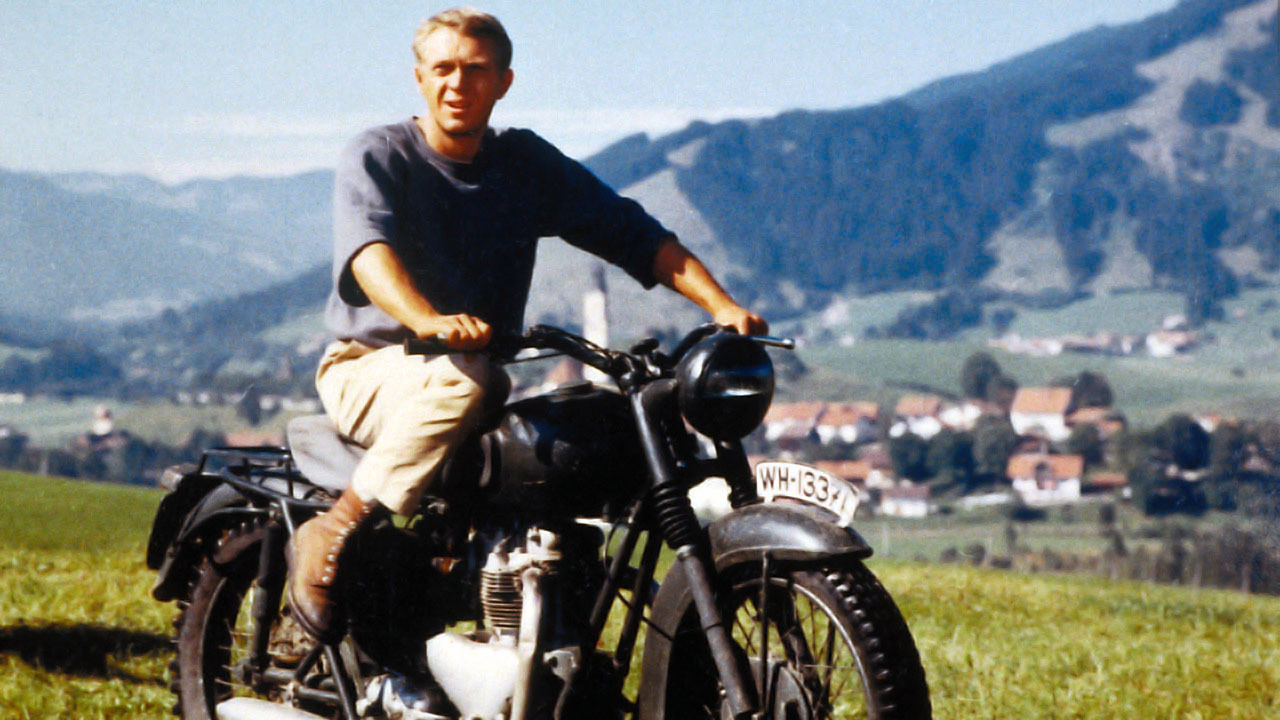
The Great Escape puts us in the shoes of a group of determined prisoners who plot a scheme to break out of a Nazi security camp, capturing the unconquerable spirit of the allied forces even at the most hopeless of circumstances. Bong Joon-ho has professed his admiration for this John Sturges’ classic, admitting that it was a childhood favorite he endlessly revisited. He recalls having cold sweats all over his body while watching it but appreciating a strange sense of romance in the film that he would love to replicate in one of his own.
If there is a spiritual successor among Bong Joon-ho’s filmography, it has to be Snowpiercer. His 2013 dystopian thriller marked his first venture overseas, where he enjoyed a more sizable budget than the ones he often experiences in his homeland. Although one is set in a futuristic train and the other in a historically accurate Nazi prison camp, it’s hard not to connect some of their shared themes. Both films are cautionary tales about the dangers of authoritarianism and social elitism that depict the heroic rebellion of a group of ragtag prisoners who revolt against an oppressive regime.
7. The Housemaid (1960)
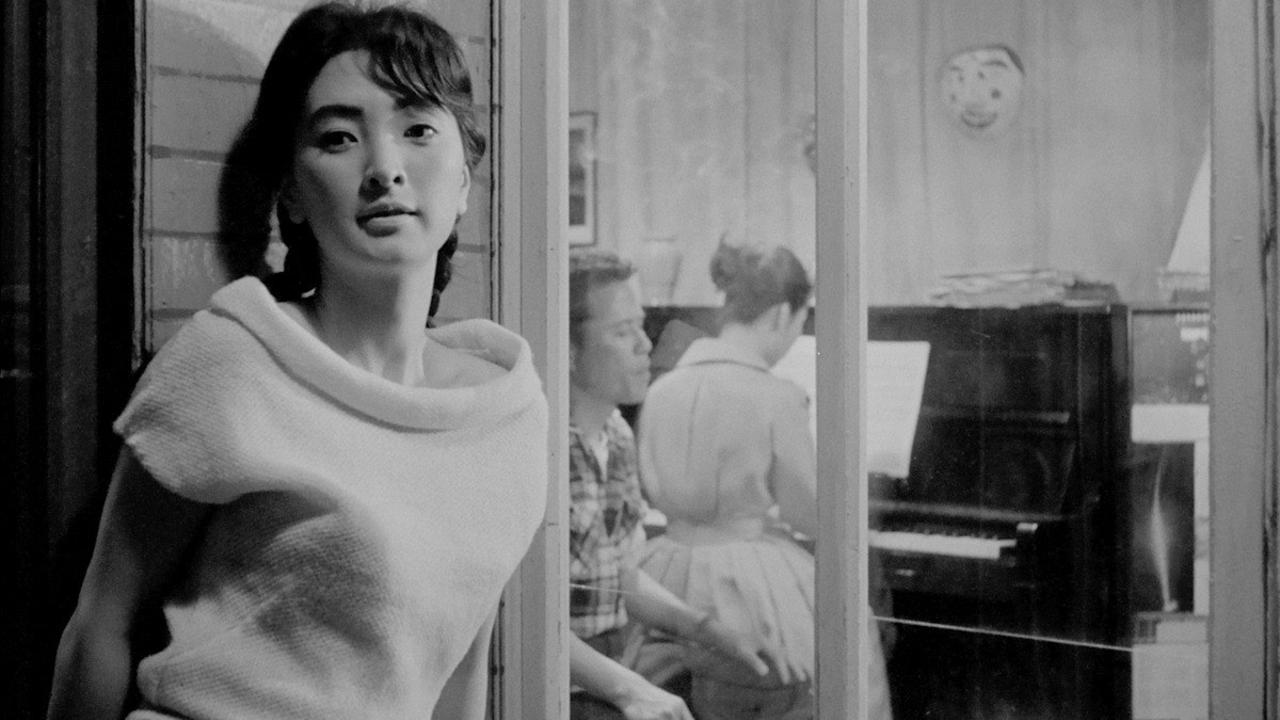
One of Bong Joon-ho’s most thought-provoking films to date is The Host, a horror movie featuring a monster that serves as an allegory to bureaucratic incompetence, American interventionism and environmental negligence. In a similar vein, this feverish thriller from Kim Ki-young uses a live-in housemaid as its allegorical monster, representing South Korea’s social unrest. The movie is set almost exclusively within the confines of the home to an upper middle-class couple. This family is trying to climb up the social ladder only to find their lives turned upside down upon the arrival of their deceitful caretaker.
Bong included Kim Ki-young anti-bourgeois tale as one of his ten favorite films ever in a Sight & Sound poll, noting the great job it does at depicting the evolving social classes of that period in South Korea. He also mentions the exquisite use of space to depict the conflict, especially the two-story house as a symbol of wealth. And when considered as an anti-bourgeois tale of a worker disrupting the lives of its wealthy employers, it’s impossible not to think about Parasite. And the parallels intensify once you take into consideration the sweeping tracking shots, the sexual undertones and the jaw-dropping twists of this 60-year old classic.
8. Blow Out (1981)
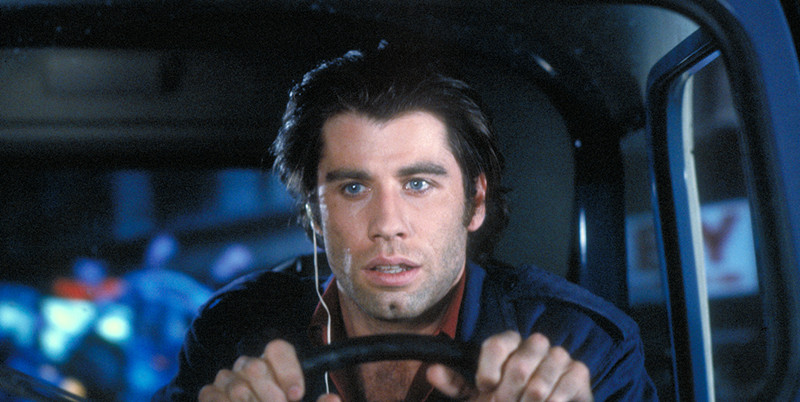
Blow Out is a conspiracy thriller directed by Brian De Palma, one of Bong Joon-ho’s favorite filmmakers. The story follows the life of Jack Terry, a sound recordist who works in B-movies, and who finds himself embroiled in an enigmatic quest by mistakenly capturing a conversation with his recorder. Throughout the film, Jack becomes increasingly paranoic as he attempts to unravel the mystery, piecing together a labyrinthine set of clues. The way the movie operates is through a fantastic set-up that paves the way for a pulpy neo-noir that challenges our perceptions and bias.
One of the biggest themes is the search for truth within a crooked system that represents the generational mistrust of its time, and also De Palma’s own criticism of formulaic and plastic cinema. And it’s in its anti-establishment flair and superb camerawork where De Palma’s movie and Bong converge. It’s hard not to appreciate the parallels between Blow Out mocking the post-Watergate America and Parasite following suit against the backdrop of contemporary South Korea.
9. Uncut Gems (2019)
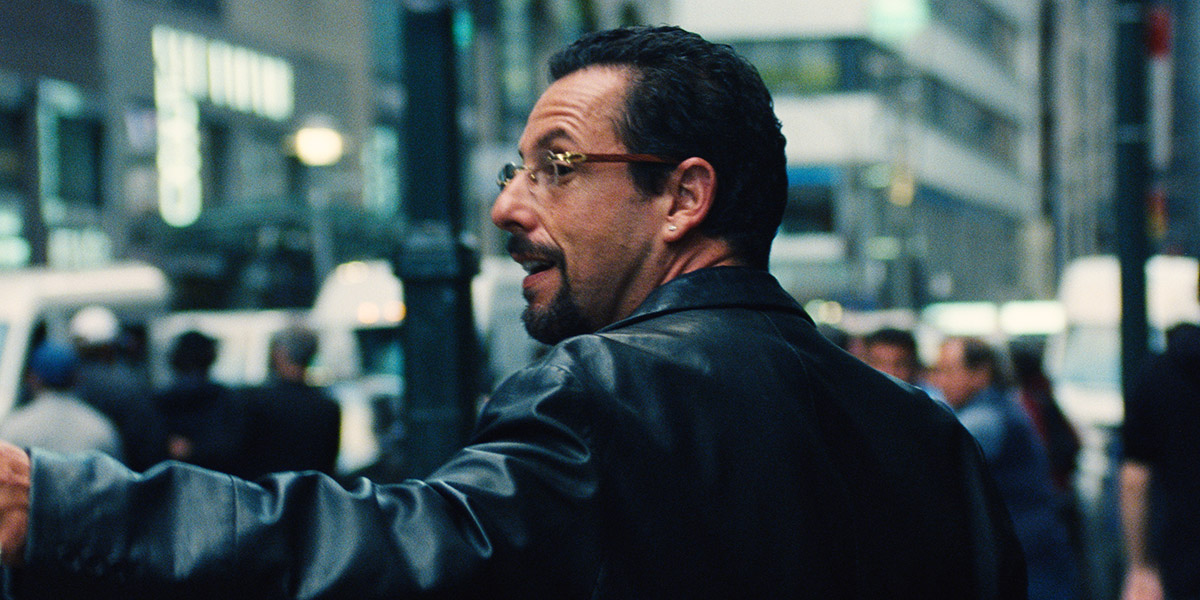
Uncut Gems faced off against Bong Joon-ho’s Parasite during most the 2019 awards season, emerging as two of the brightest releases of the year. This frenetic thriller shows Adam Sandler as a self-destructive and erratic jeweller who is desperate to pay off his debts by any means possible. The South Korean director had nothing but praise for the movie, adoring its “energetic style” while expressing his desire to work with Sandler in future projects.
For anyone acquainted with the Safdie Brothers, the unsettling pace of Uncut Gems came as no surprise. The young pair of directors have made a career out of being the best in the business at crafting nerve-wracking stories. Most of their feature films follow a similar structure as dramas driven by sheer insanity and adrenaline before capping off in an unforgettable climax. Watching Sandler’s character gamble his way out of debt is a truly stressful experience, one that is both darkly funny yet tragically maddening.
10. I Saw the Devil (2010)
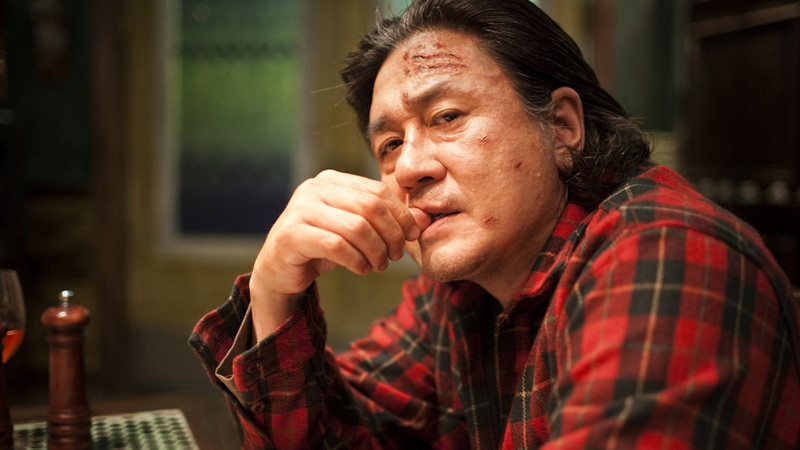
Bong Joon-ho’s movies often tap into the full-blown dread and suspense of horror films. From the dark twists from Parasite to the eerie killers from Memories of Murder and Mother, an essence of his chameleonic style is to instill fear in his audience. That aspect is awfully present in Kim Jee-woon’s visceral revenge thriller. I Saw the Devil follows a deranged psychopath who kills countless of innocents in gruesome ways just for pleasure. His latest victim happens to be the wife of a top-secret agent, who in result promises to retaliate while becoming unhinged in his quest for justice.
Most of the film follows the high-octane chase between both characters in an intricate cat-and-mouse game where the hunter becomes the hunted. It shares some recurrent story beats with Sympathy of Lady Vengeance and the rest of Park Chan-wook’s tales of revenge, in that it showcases how futile the protagonist endeavour is. This movie achieves that by displaying the array of hideous acts that our righteous protagonist carries out throughout his vengeful path as he loses himself in the process.